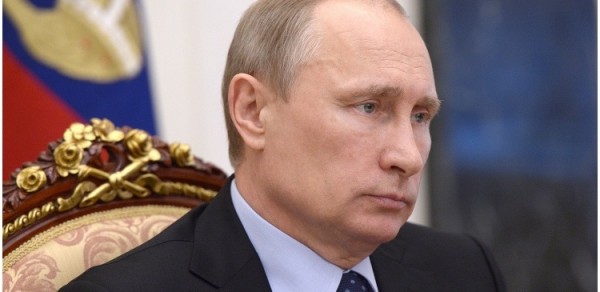Metropolitan Volodymyr, who had been credited with stabilizing the church, died Saturday “after a long illness,” the church announced online Saturday. Recently, Volodymyr often reflected pro-Russian opinions in Ukraine, as battles raged between government troops and separatist insurgents in the east of the country.
President Vladimir Putin expressed his condolences to Patriarch Kirill, leader of the Russian Orthodox Church. The Ukrainian Orthodox Church falls within the jurisdiction of the Moscow Patriarchate.
“We will forever remember the many years of Metropolitan Vladimir’s hard work, his devoted pastorship, his great personal contribution to strengthening Russian-Ukrainian friendship and his talent as a preacher, which won him deep gratitude and respect on the part of the people of Russia and Ukraine,” Putin said in a statement released Saturday.
In his more than 20 years as head of the country’s largest church, Volodymyr weathered the breakaway of two groups that declared themselves independent of the Moscow Patriarchate, which incorporates the Ukrainian church. Observers say he succeeded in preventing even more splits.
“He will go down in history as the savior of the Ukrainian Orthodoxy during a very difficult historical moment, as the preserver of the Russian and Ukrainian Orthodoxy,” said Andrei Zolotov, a Russian journalist and expert on Orthodoxy.
Born Viktor Sabodan to a family of farmers in western Ukraine in 1935, Volodymyr studied at seminaries in Odessa and Leningrad, was ordained at 26 and took monastic vows soon thereafter.
Orthodox priests are allowed to marry, but that limits their career paths.
He served briefly in Russian Orthodox Church missions in Jerusalem and Geneva, then as a bishop in Russia and Ukraine, both of which were then a part of the Soviet Union. In 1973 he was appointed the rector of the Moscow Theological Academy and Seminary and promoted to the rank of Archbishop of the Moscow Diocese. He later became a senior administrator at the Moscow Patriarchate.

















